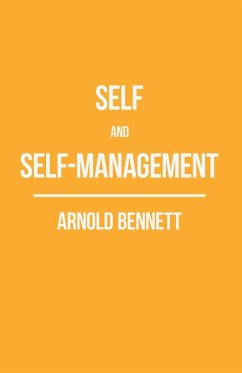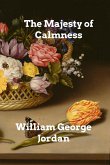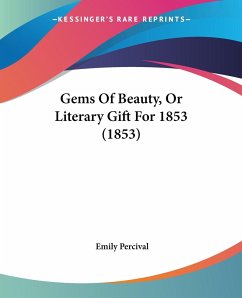"Literary Taste - How to Form It" is a 1909 essay by English writer Arnold Bennett. The essay discusses taste in relation to literature, and also includes an exhaustive list of books that Bennett believed constitute classics with every item individually costed. When originally published, the essay and list became very influential. Contents include: "The Aim", "Your Particular Case", "Why a Classic is a Classic", "Where to Begin", "How to Read a Classic", "The Question of Style", "Wrestling with an Author", "System in Heading", "Verse", "Broad Counsels", "An English Library: Period I", "An English Library: Period II", etc. Enoch Arnold Bennett (1867-1931) was an English writer. Although he is perhaps best remembered for his popular novels, Bennett also produced work in other areas including the theatre, propaganda, journalism, and film. Other notable works by this author include: "Helen with a High Hand" (1910), "The Card" (1911), and "Hilda Lessways" (1911). Many vintage books such as this are becoming increasingly scarce and expensive. It is with this in mind that we are republishing this volume now in an affordable, modern, high-quality edition complete with an essay on Arnold Bennett by F. J. Harvey Darton.
Hinweis: Dieser Artikel kann nur an eine deutsche Lieferadresse ausgeliefert werden.
Hinweis: Dieser Artikel kann nur an eine deutsche Lieferadresse ausgeliefert werden.









